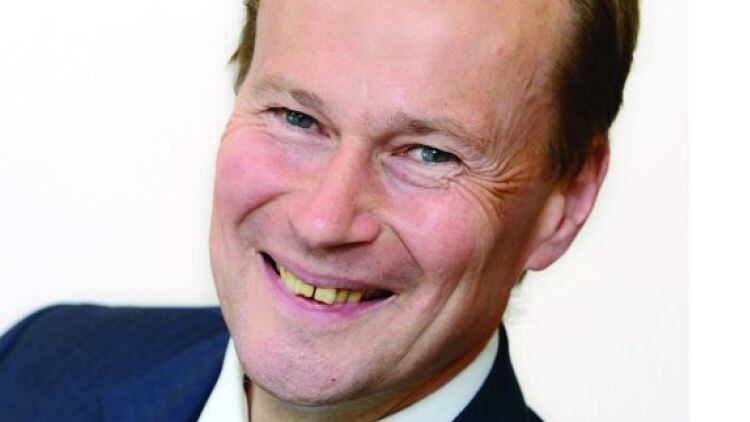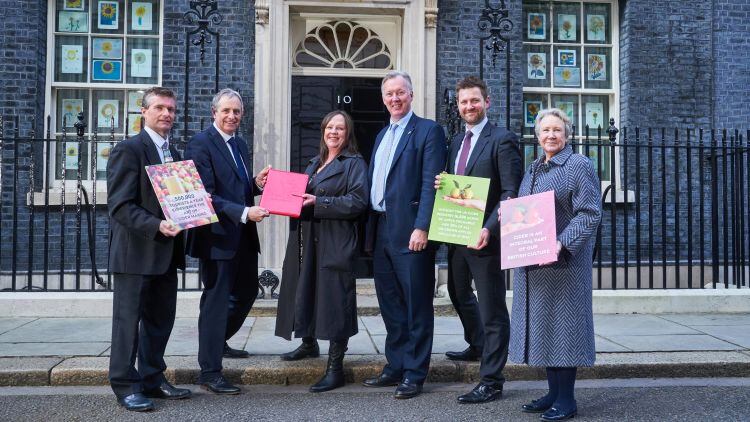This is because many licensing policies are directed towards location, framework hours, model conditions and consideration of local residents than the quality of the pub/bar making a new licence application.
This is compounded by the ease with which a premises licence can be transferred; there is no assessment of the applicant which is very often a limited company, and it is a deliberately straightforward administrative process, promoting and assisting businesses.
In the early days, and indeed until relatively recently, it used to be common for a licensing committee at an opposed hearing to say to local residents – “we are going to grant the application with conditions, but you have the review process if there are problems, or you are disturbed”.
Preventing problems
The emphasis seems to have changed to seeking to prevent problems before they occur even if the operator has proved to be a good one.
I can think of several examples; we would normally put in an application for a new licence that the applicant operates other bars in the local authority area, often in residential areas perhaps in Cumulative Impact without any issue.
Perhaps naïvely thinking that the residents and particularly the responsible authorities will take that as their starting point, and it will give them some considerable comfort.
Increasingly this is not the case, and the application is looked at entirely separately and the good track record is ignored. It is frustrating because the good operator will go to considerable lengths and expense and the bad operator will take short cuts, and there is less discernible benefit, it seems, in promoting good practice.
A similar point can be made in relation to cafés where little alcohol is sold, but they still have to go through the same process to apply for a premises licence. I have submitted one in South London recently and in that borough this café already has two licences which trade without any issues. However, the local residents’ group still want a condition limiting the sale of alcohol to a café-style operation and I have seen these conditions before.
Future proofing
Indeed, it has a name, not recognised in licensing law but it is called “future proofing”. Effectively, it means we may concede that we like this operator, but we are concerned that it may sell on to another operator who would not be a café but a bar and that will cause disturbance which we do not want.
Therefore, effectively the plan is to restrict the licence only to the café-style of operation which is presented in the application.
I have resisted this, and it does not take into account the fact that the Landlord will almost certainly not sanction the change and there may have to be a planning application as well. In addition, any structural changes, for example the addition of a bar, would require probably a full variation which could be opposed by the local residents.
My own view is that it is certainly suspect legally; Parliament deliberately made the transfer process such that a licence can be transferred from one type of operator to another and did not intend for a licence to be restricted only to the style of operation. It is likely also to cause some concern to landlords for whom on the return of the premises licence its onwards transfer to another Tenant is going to be limited.
As is often the case, for commercial reasons and to avoid cost, the café accepts the condition not wishing to look too far into the future and wanting to get its licence.
I do fear that this trend will continue, but I suspect at some stage it may well be challenged in the High Court if there is an operator who feels strongly enough and has deep enough pockets to do so.




